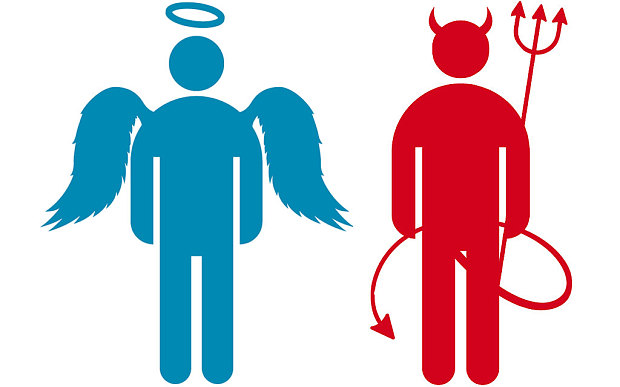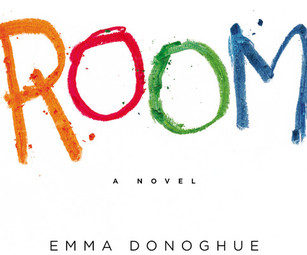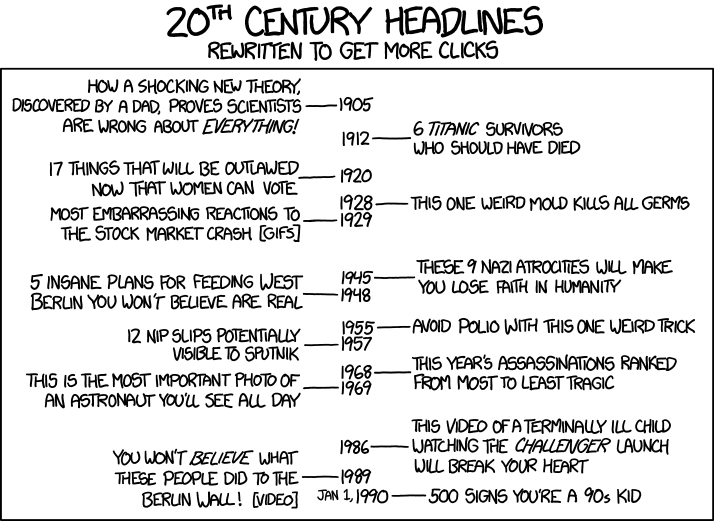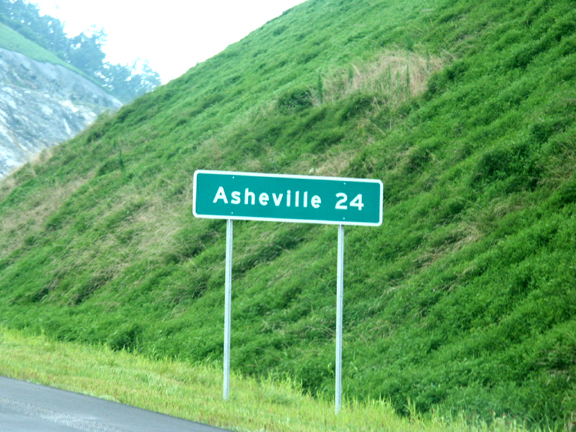So this Paris thing.
I sometimes wonder if, as an atheist, I can believe in capital-E Evil. Goodness faces badness; kindness faces cruelty; Evil seems like it ought to face something like Holy, which isn’t a concept I connect with.
But not everything needs an opposite to exist. What, after all, is the opposite of a platypus?
So maybe I can believe in evil, and Evil, and its daily presence in the world. Maybe part of the reason I sometimes doubt it is that I’m often removed from it, physically and mentally and emotionally. I will confess—and it is a confession, something I am ashamed of—that I am not very up-to-date on global happenings. I have the luxury of ignoring Evil.
I can’t explain why Paris hit me as hard as it did. By most measures, I’m no more or less connected to it than I have been to any of the other sightings of Evil. But Paris had me glued to my computer screen, watching the coverage, hearing the different numbers and speculations.
The point of terrorism is to terrorize. I don’t know why it worked on me, though obviously only fractionally in comparison. Part of it is the act itself—the shooter waiting outside an emergency exit, the total mundanity of some of the sites—but part of it is the fallout. I was almost twelve on September 11, 2001; I had no concept of what it would turn into. I may still be cushioned by ignorance, but I’m not naïve like I was then.
But enough about that. Other people will write more insightful things about Paris; it’s not actually the point of this.
November, as you might know, is NaNoWriMo—National Novel Writing Month. 50,000 words by the end of the month, all that. I first did it in 2005, just after my sixteenth birthday; I then did it in ’06, ’07, and ’08. In ’09, I slipped, and life got the better of me; in ’10, I decided I would make up for ’09 by doubling down and doing 100,000 words. I succeeded, and then some, and ended up with a chunk of novel weighing in at about 140,000 words, almost all of which needed revising.
I got about 75% through a first pass, big-picture revision. I can’t remember exactly what got me off track, but for whatever reason, I got wrapped up in other things.
I reread it this past week, surprised by how much I didn’t hate it.
Flash back, for a moment, to 2005. It was a novel, and it had a plot, but I was sixteen, okay, and so of course I was pretty heavily present in one of the characters. This character was like me, except that he possessed the capacity to tell people off—to call them out on self-destructive behavior and be all, “Knock that off!” He said to the people around him all the things I wanted to say to the people around me. It was cathartic. It helped me cope with the sense of helplessness you get watching someone self-destruct.
 Over time, my writing has gotten less overtly self-reflective, although I don’t believe we can ever fully remove ourselves from our work. I indulge fewer fantasies through my characters, and when I do, it’s never so dramatic. (Perhaps by giving them a witty comeback I wish I’d used when it was opportune, or an Irish Wolfhound, because in reality, I know I shouldn’t actually have one, but oh man, do I wish I could justify it, because who wouldn’t want a shaggy grey dog the size of a pony? Lame people, that’s who.) Only here’s the thing about that novel.
Over time, my writing has gotten less overtly self-reflective, although I don’t believe we can ever fully remove ourselves from our work. I indulge fewer fantasies through my characters, and when I do, it’s never so dramatic. (Perhaps by giving them a witty comeback I wish I’d used when it was opportune, or an Irish Wolfhound, because in reality, I know I shouldn’t actually have one, but oh man, do I wish I could justify it, because who wouldn’t want a shaggy grey dog the size of a pony? Lame people, that’s who.) Only here’s the thing about that novel.
It’s about hate crimes, and intolerance, and violence in the name of principle. And it’s about working against those things. And I think I might finish revising it as my NaNoWriMo substitute this year. NaNoCoMo, I’ll call it: National Novel Coping Month. When you can’t fix the real problems, invent some new ones you can. There are worse strategies.



 Specifically, Asheville, North Carolina.
Specifically, Asheville, North Carolina.